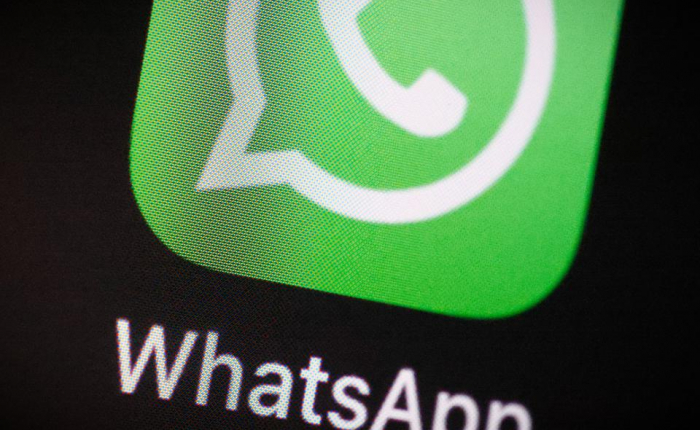Forget everything you’ve read recently about WhatsApp, Facebook, data sharing, the forced change of terms and now the backtrack. None of that matters anymore—not in of itself. Something much more important has become clear, something that has huge implications for Facebook’s control of WhatsApp and its 2 billion users worldwide.
The unfortunate reality for Facebook is that the forced change was actually not that big a deal—it’s why the PR blitz mounted to rectify the mess had a tone of surprise at the strength of feeling. But it tapped into some very deep-seated fears as to Facebook’s motives for WhatsApp, into the awkwardness of its ownership of an ostensibly private and secure messenger and into the pivotal role WhatsApp plays globally.
That said, as backtracks go, this one was a major surprise. Having marched those 2 billion users up a Facebook-shaped hill, WhatsApp suddenly changed its mind. The “largest digital migration in human history” ended, just like that. No, WhatsApp said, you don’t have to accept these new terms, after all. We won’t block your accounts.
Facebook will likely regret the first six months of 2021. Not because it had to retreat in the face of mounting regulatory resistance, but because it is now boxed in. Whatever monetization schemes were on the WhatsApp whiteboard will need to be revisited. But there’s a deeper reality check here as well—a seminal but as yet unasked question: Has WhatsApp become too much of a utility, too much of a quasi-global mobile network operator, to remain unregulated in Facebook’s hands?
As such, the retreat is critical for WhatsApp users, but—just as with the original story—not for the obvious, short-term reasons. Yes, it’s good that users won’t lose their accounts. But, realistically, the change of terms was more a bad PR exercise than a bad privacy issue. The new terms were fairly benign. The principle, though, that Facebook was starting to encroach further into the WhatsApp enclave, was the real danger.
Similarly, the real story of the retreat is not the obvious short-term let-off for however many millions of users have yet to click “accept.” In truth, it’s a very loud, very clear message that Facebook can only push so far. The regulatory environment has changed. Backlashes in huge markets like India and Brazil, as well as Germany’s legal ban and the likelihood of further European action was the more probable reason for the change of heart than a pragmatic “most have accepted anyway” concession.
“Given recent discussions with authorities and privacy experts,” WhatsApp said, “we want to make clear that we currently have no plans to limit how WhatsApp works for those who have not yet accepted the update... We will continue to remind users about the update as well as when people choose to use relevant optional features.”
But forget about this update—it’s irrelevant. It was never about the specifics of the changed terms. It was a wake-up call, a reminder that the world’s largest secure messenger is owned by the world’s hungriest data harvester.
Forbes
More about:
















































